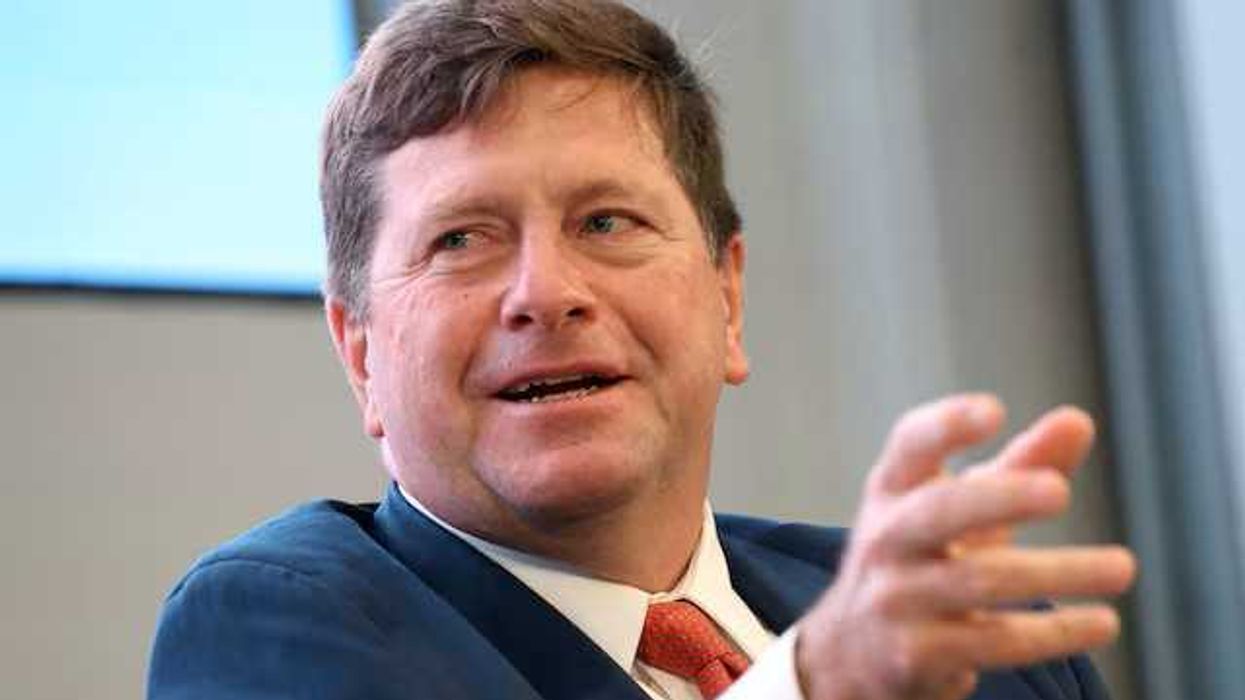Jay Clayton, Attorney General Pam Bondi's most recent appointment to investigate Democrats involved with late convicted sex offender Jeffrey Epstein after President Donald Trump's sudden reversal, has been chosen for what The New Republic's Michael Tomasky says is a "political task that has nothing whatever to do with justice."
Clayton, a corporate lawyer who is "mostly a high finance guy," Tomasky notes, chaired the Security and Exchange Commission during Trump's first term.
"One thing that impressed me, and that was at odds with the standard Trumpian flouting of rules of any kind governing the behavior of appointees and their families, is that his wife, a Goldman Sachs official, resigned her position when he took the job," Tomasky notes.
"What? People in the Trump solar system acting ethically of their own volition? Hard to imagine how Trump tolerated that," he adds.
However, Clayton has "no prosecutorial experience at all" Tomasky writes.
When Trump named Clayton to run the Southern District of New York earlier this year, Sen. Minority Leader Chuck Schumer (D-NY) blocked his nomination, but Trump appointed him on an interim basis for 120 days. After that the federal court for the district decides whether his appointment should go forward, and Manhattan's federal judges gave him the green light.
Clayton has been quiet in that position, Tomasky writes, saying "critics noted that when Bondi fired Maurene Comey, the daughter of James Comey who had overseen the prosecutions of Epstein and Ghislaine Maxwell, Clayton said nary a word."
"The Aaron Sorkin-movie version of Clayton would have told Bondi to stuff it Saturday and resigned—I do not hold this public trust to go on politically motivated fishing expeditions. But that’s not real life, especially in Trumpworld," Tomasky writes.
It would be "brave" if Clayton comes back and says there's no evidentiary basis to indict his targets—former Democratic President Bill Clinton, Democratic presidential adviser Larry Summers, and Democratic donor Reid Hoffman, but if he does bring indictments, Tomasky says, there are only two plausible reasons.
"One might that there’s actually evidence sufficient to an indictment. In which case, let justice be done. But in Donald Trump’s, and Pam Bondi’s, America, we would be quite justified in suspecting a second explanation: That Clayton did what he was ordered by the White House to do," he writes.
"The Trump era is a time of learning what people are made of. I’m guessing that in six months’ time, we’ll know a lot more about Jay Clayton than we know today," he adds.


